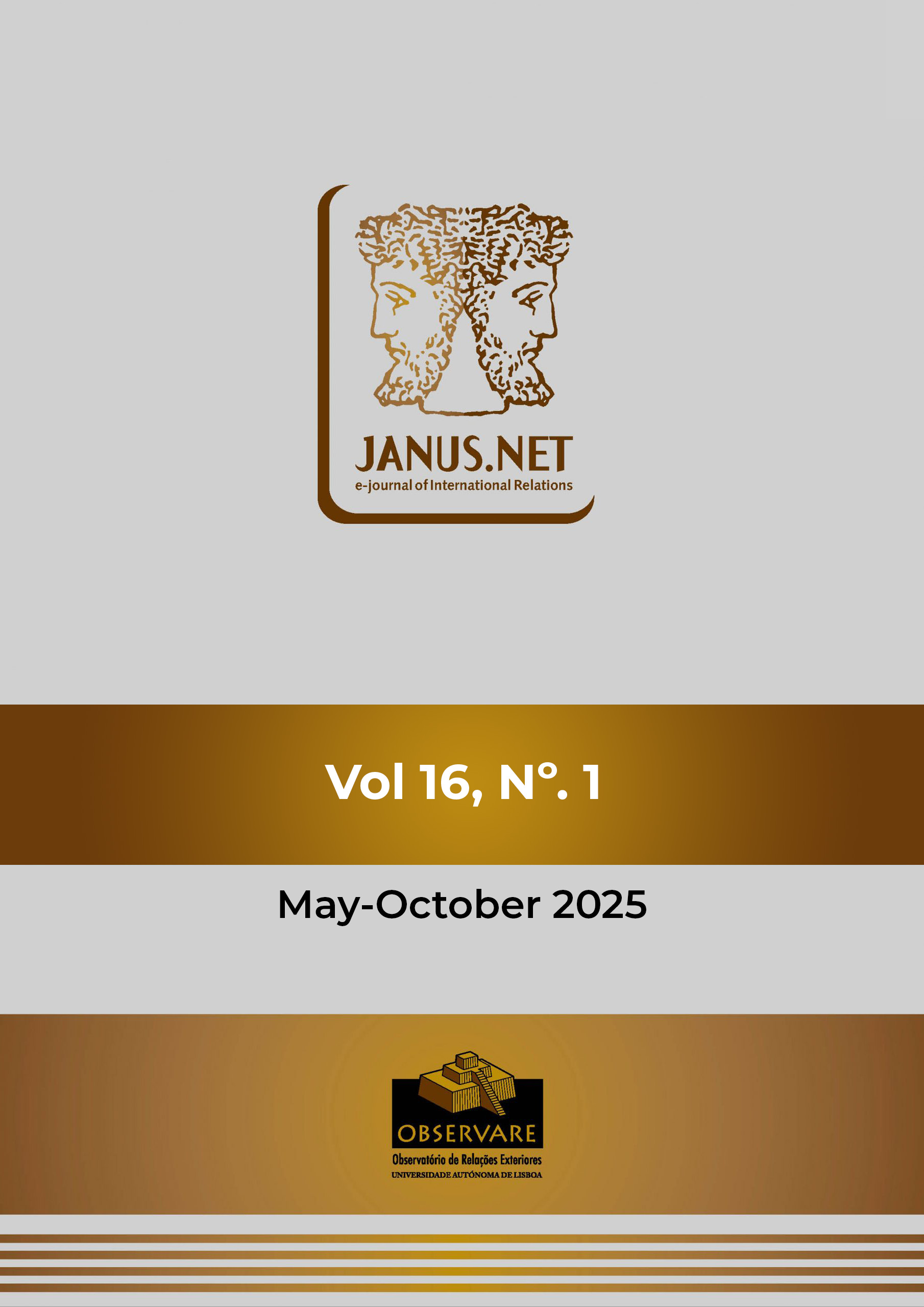The book presents a conceptual framework for analysing the application of precedent in civil law and common law systems. The suggested paradigm emphasises the differentiation between legal sources (e.g., precedents) and the legal norms that can be extracted from these sources through legal interpretation. Standard arguments from authority possess the subsequent structure: A asserts p; A possesses authority on such matters; hence, p is valid. Legal practitioners employ such arguments when they base their decisions only on the assertions of lawmakers, judges, professors, expert witnesses, and similar authorities. This paper examines arguments that invoke the authority of scholars, namely ‘doctrinal’ or ‘dogmatic’ legal scholars. The reliance on doctrinal authority is a perplexing aspect of legal reasoning. The tripartite distinction of ‘source-interpretation-norm’ (referred to in the title as the ‘source-norm’ distinction) elucidates the diverse methods by which historical instances can be cited, interpreted, and applied by the courts of various legal systems. The proposed framework aims to elucidate the function of precedent in legal systems with limited international discourse, while also re-examining the practices of legal systems where the doctrine of precedent is ostensibly well-established and comprehended.
SHECAIRA, FÁBIO PERIN (2024). LEGAL SCHOLARSHIP AS A SOURCE OF LAW. SPRINGER. SECOND EDITION. HTTPS://DOI.ORG/10.1007/978-3-031-60369-3 978-1-5266-0518-4
https://doi.org/10.26619/1647-7251.16.02.1
SYED MUJTABA ATHAR
Resumo
Artigo publicado em 2025-05-20

